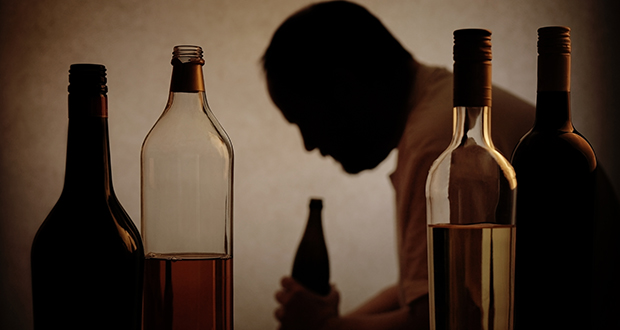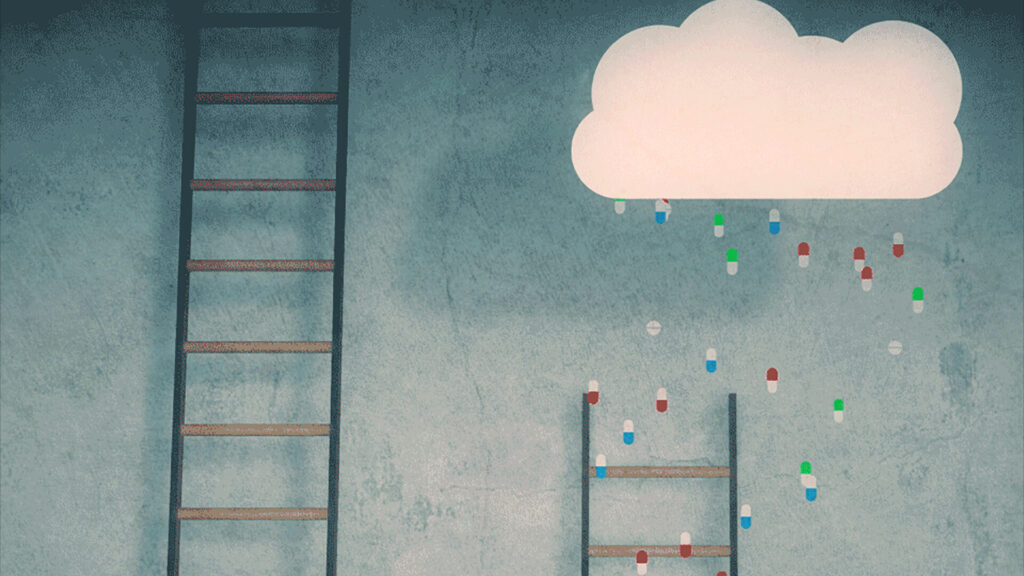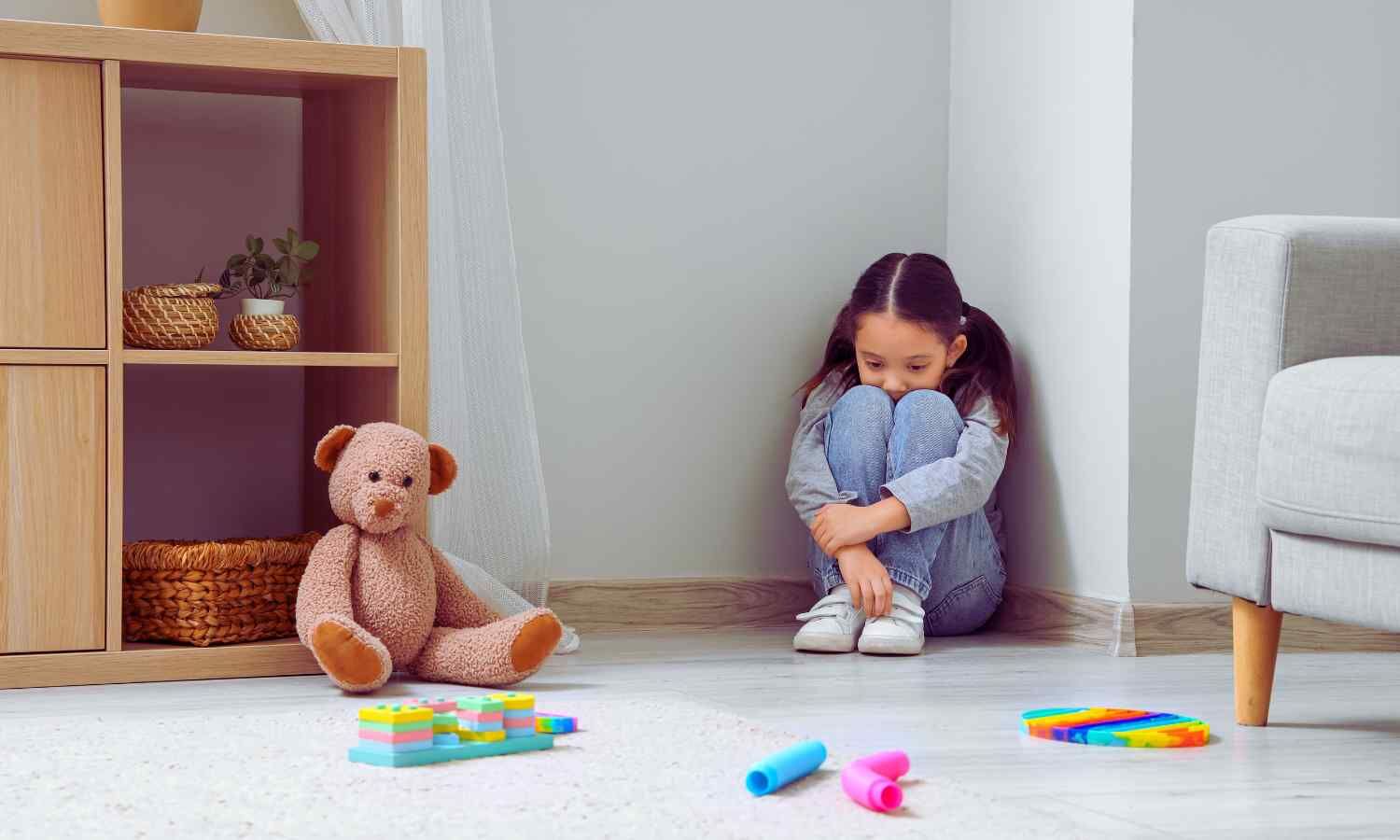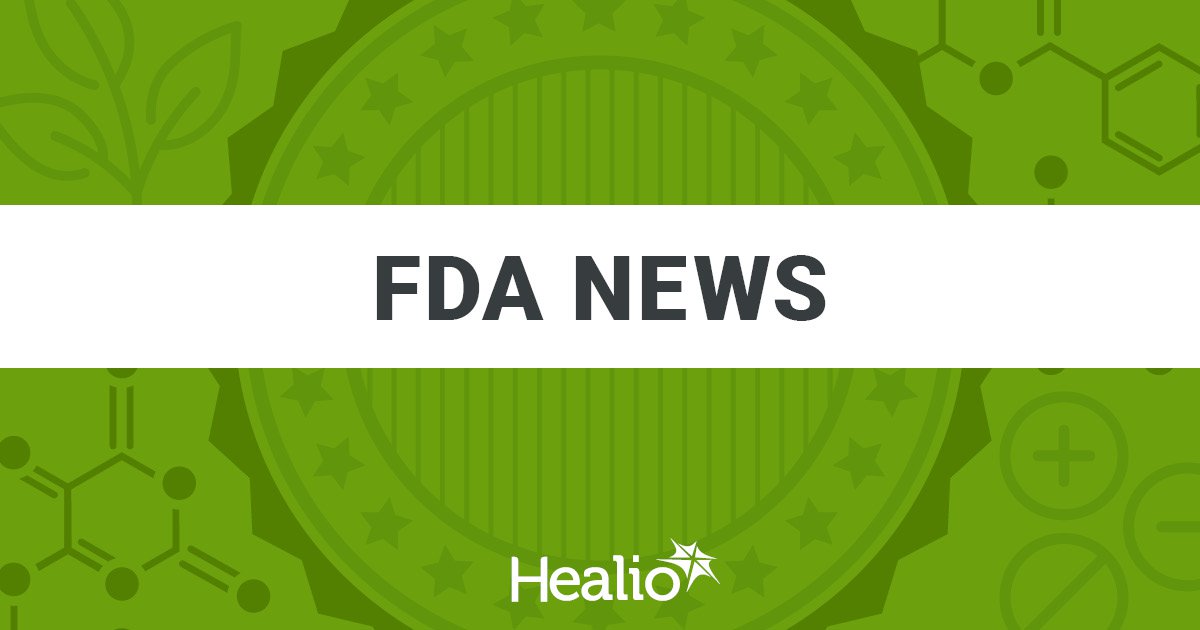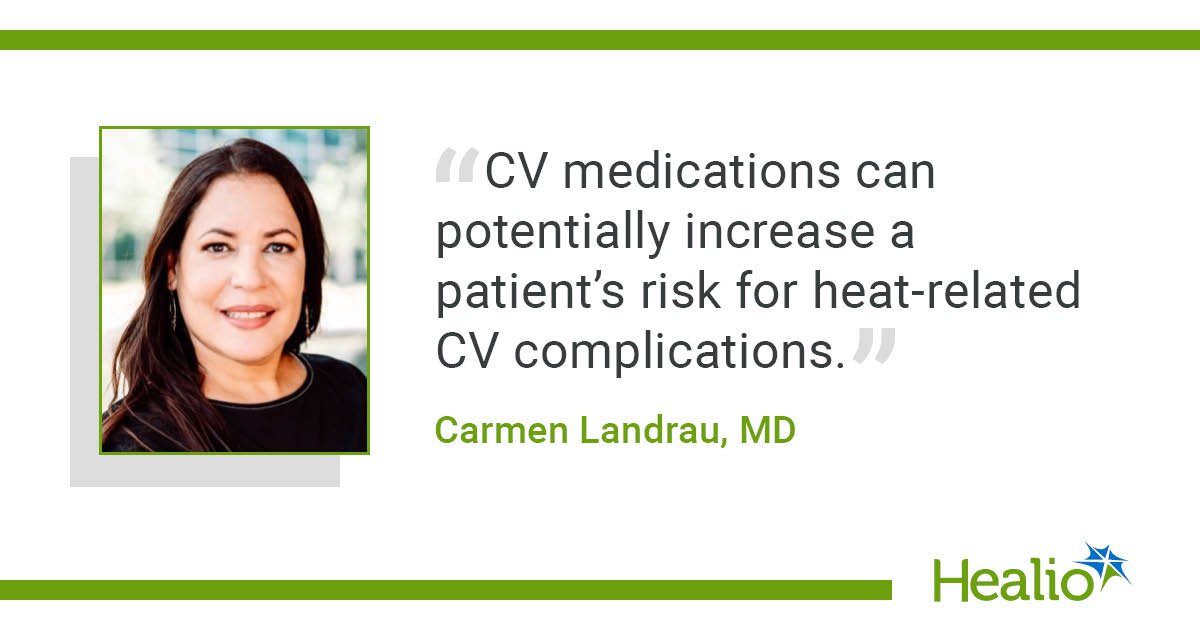Number of treatments for people using both cocaine and alcohol has trebled since 2017
More than 8,700 people in Ireland received treatment for alcohol use last year – the highest annual figure in over a decade.
According to the Health Research Board (HRB), the number of treatment cases using cocaine with alcohol has trebled in recent years, from 607 in 2017 to 1,823 in 2024.
However, during this period, the number of the proportion of all cases that involved people with alcohol dependency fell from 72 per cent to 56 per cent.
“While our latest HRB report shows the highest number of cases recorded in Ireland’s alcohol treatment figures in a decade, when we break these numbers down, the decrease in dependent drinkers seeking treatment is positive,” said HRB researcher Dr Suzi Lyons.
“This is because we now know that more people are accessing treatment before they become alcohol dependent, which leads to better recovery and outcomes.”
In nearly one third of treatments, the user received had been using other drugs with alcohol. Among these cases, 71 per cent involved cocaine use last year, up from 42 per cent in 2017.
After cocaine, the most common additional drugs used alongside alcohol were cannabis at 49 per cent; benzodiazepines at 18 per cent; and opioids at 10 per cent.
“The sustained rise in cases using cocaine with alcohol is a real concern,” Dr Lyons added. “Mixing substances complicates treatment, can hinder recovery and can also be dangerous.
“Alcohol and cocaine mixed together increases toxicity to major organs, leading to increased risk of stroke, heart attack, liver damage, violent behaviour, suicidal thoughts, sudden death and many other negative consequences.”
The median age of alcohol treatment cases is 43 years old, while 60 per cent involve men.
Many of those seeking treatment drink more in a typical day than is recommended in a week. Almost half are unemployed, and eight per cent are homeless.
Since 2017, among those who consumed alcohol in the 30 days prior to treatment, around half drank daily during this time.
Responding to the findings, Minister for Public Health, Wellbeing, and the National Drugs Strategy, Jennifer Murnane O’Connor, announced alcohol treatment services funding of €1 million in 2025, rising to €1.8 million in 2026.
The investment will lead to 22 new posts being created in these services, and support the establishment of integrated community alcohol treatment services in the HSE Dublin and Midlands and HSE Dublin and South-East regions.
“By expanding community services across all HSE health regions for the first time, we will ensure that there is equitable access across all locations and that treatment services are available when and where they are needed,” she said.
“The HRB report on alcohol treatment demand published today highlights the challenge of problem alcohol use and the societal need to reduce alcohol consumption from a public health perspective.
“I am also conscious of the risk of hidden harm for children and other family members arising from problem alcohol use. We need a holistic response that supports the individual and their family members to address the harms of alcohol dependency.”
People looking to access services to address their drug or alcohol use, or that of a loved one, can do so via this interactive map, which details more than 450 drug and alcohol services nationwide.






